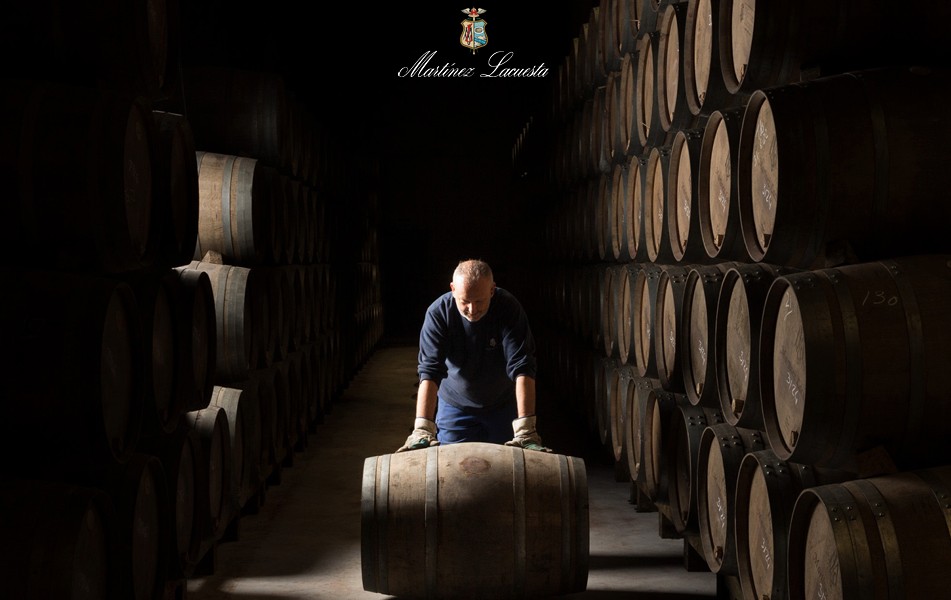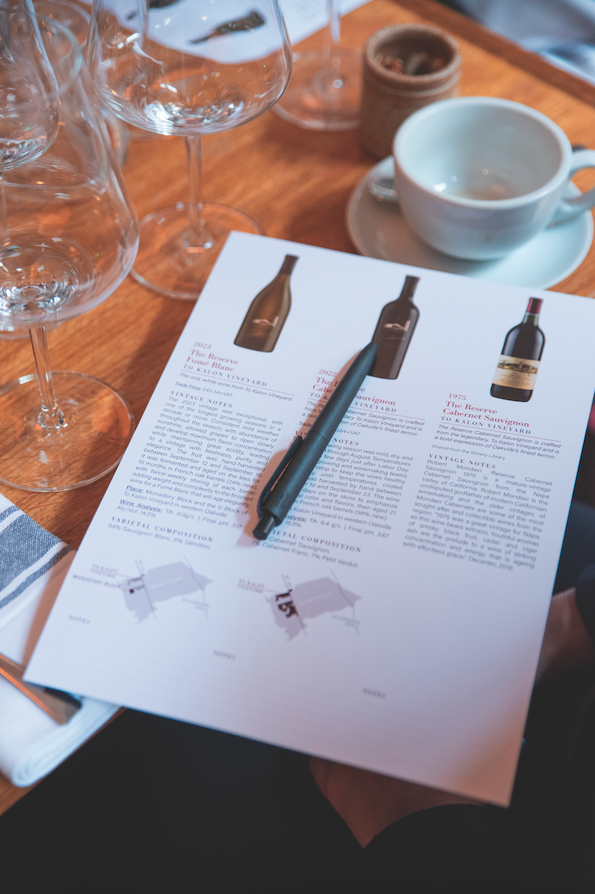Does Hong Kong’s new spirits tax cut go far enough?
The Hong Kong Chief Executive’s decision to slash spirits taxes was much applauded last week, but as the dust settles, critics question how big an impact the duty cut will really have on consumers.

Chief Executive John Lee Ka-chiu announced a cut to Hong Kong’s spirits tax in his policy address last Wednesday (16 October).
Until now Kong Kong has had one of the highest spirits duties of any territory in the world, as drinks with an ABV of 30% or higher are currently taxed at 100%. Lee has been praised for what is being dubbed a landmark duty change for spirits, with the rate slashed to 10% for alcohol with an import price of HK$200 and above.
However, not everyone sees the new move as a positive, and South China Morning Post has published an opinion piece criticising the new move.
Under the new system, a duty rate of 10% will apply only to the portion of the bottle price over HK$200. Duty of 100% will still be paid on the first HK$200 of the import price. Products at HK$200 or below will remain at 100%.
As such, high-end spirits are set to be the only category to benefit. South China Morning Post claims that consumer will not see any advantage unless their bottle tops at least HK$400 at their local liquor store.
Partner Content
But the premium and above categories are key to Hong Kong’s position as one of Asia’s primary trading hubs. In a similar move, the territory dropped its taxes on imported wine and beer in 2008. Since then the value of imported wine has increased by 375% (2007-2023), according to financial secretary Paul Chan Mo-po.
Volume, on the other hand, has risen just 33% in the same period, highlighting just how important high-end wines are for the market.
Lee estimates the tax cut will affect the top 15% of spirits on the market. The losses to government income due to a reduction in tax are estimated at HK$200m, but the authorities hope a sales boom like the one that came from lifting wine duty will make up the difference.
When it comes to ultra-premium spirits, particularly those sold at auction, the reduction in tax will be a major boost. Nick Pegna, global head of wine and spirits at Sotheby’s auction house, told db that the choice to cut tax was a “positive decision”. He said the move would “facilitate buyers based in Hong Kong to acquire rare spirits from all over the world, and provide a needed bump to the on-trade in Hong Kong, once the price reductions filter in”.
Fellow auction house Christie’s has just unveiled its new Asia Pacific headquarters in Hong Kong, as the company doubles down on its focus on the market.
Related news
Strong peak trading to boost Naked Wines' year profitability




